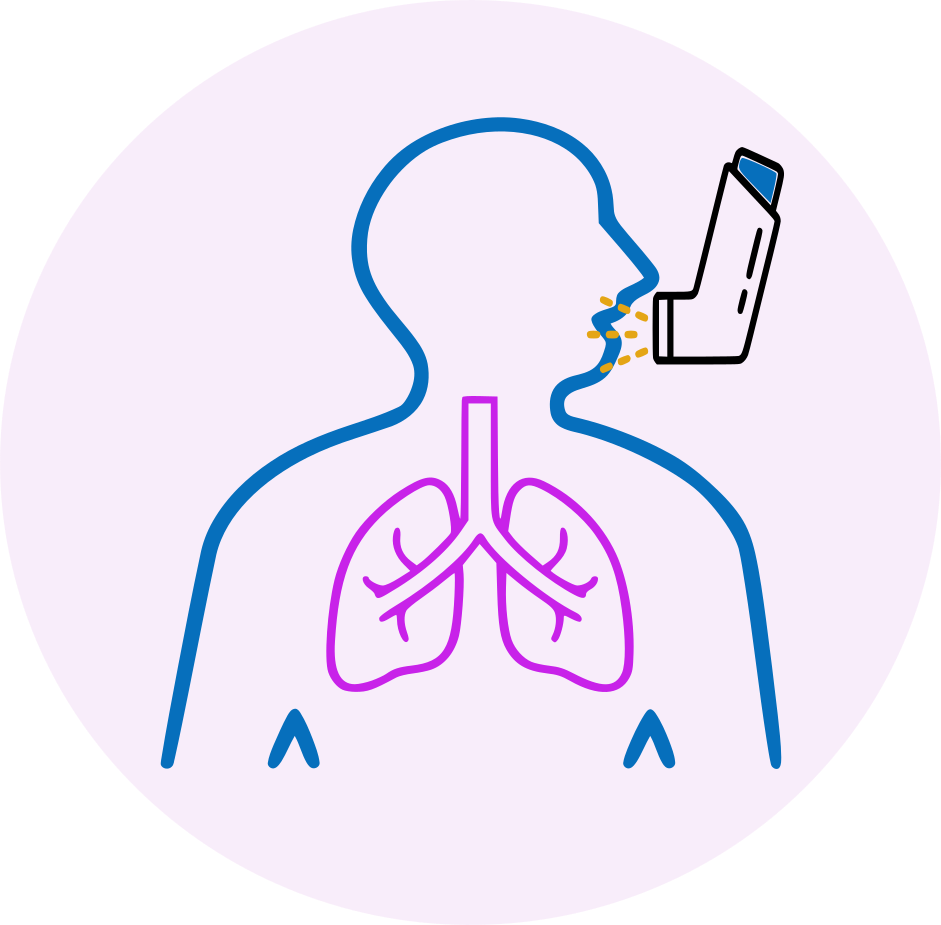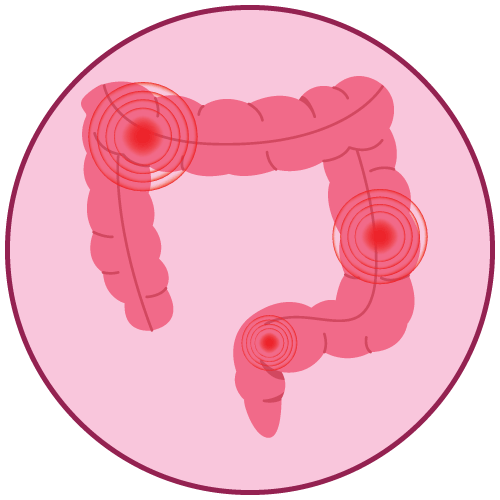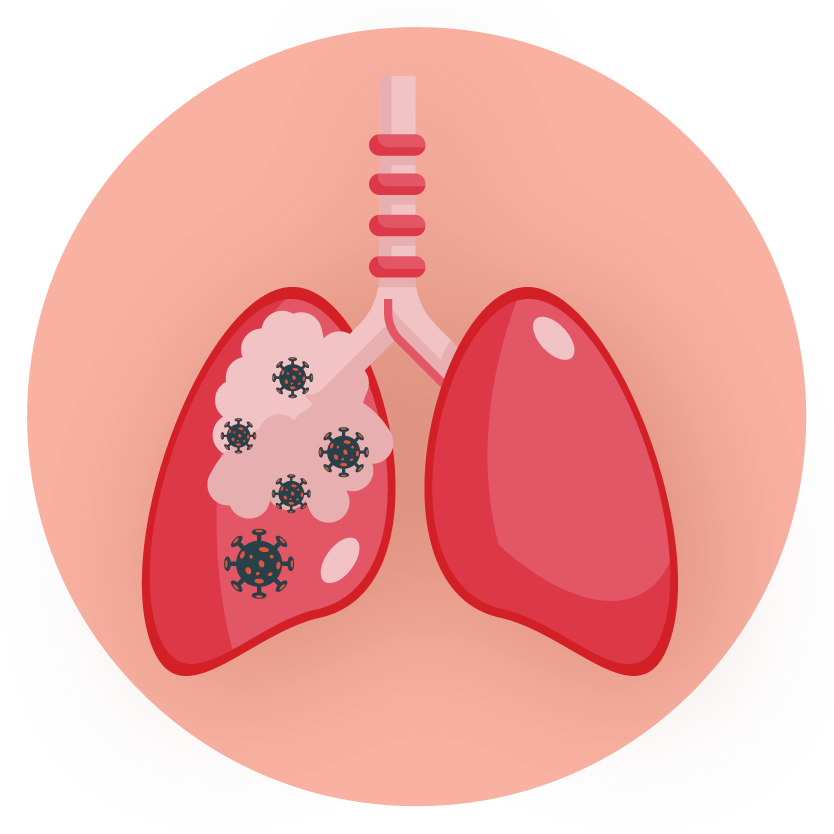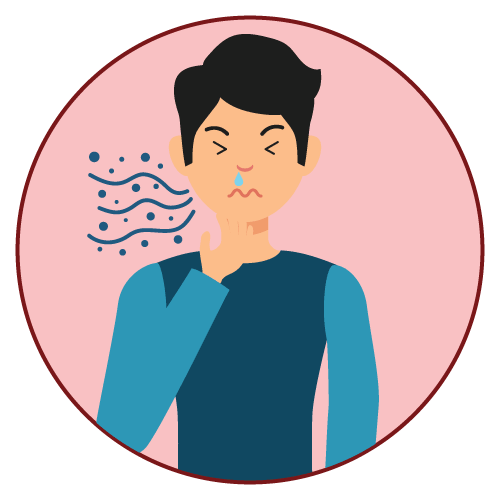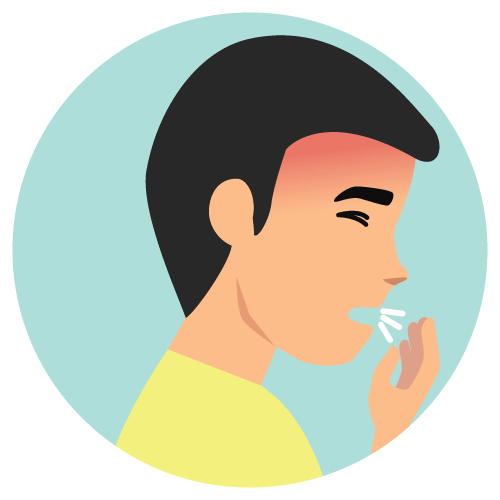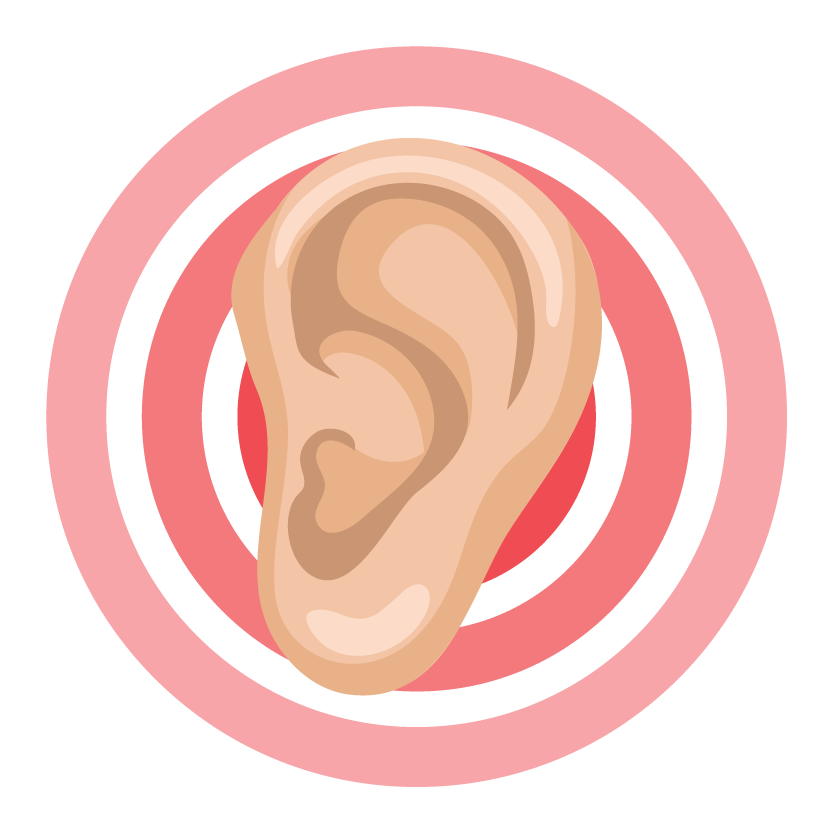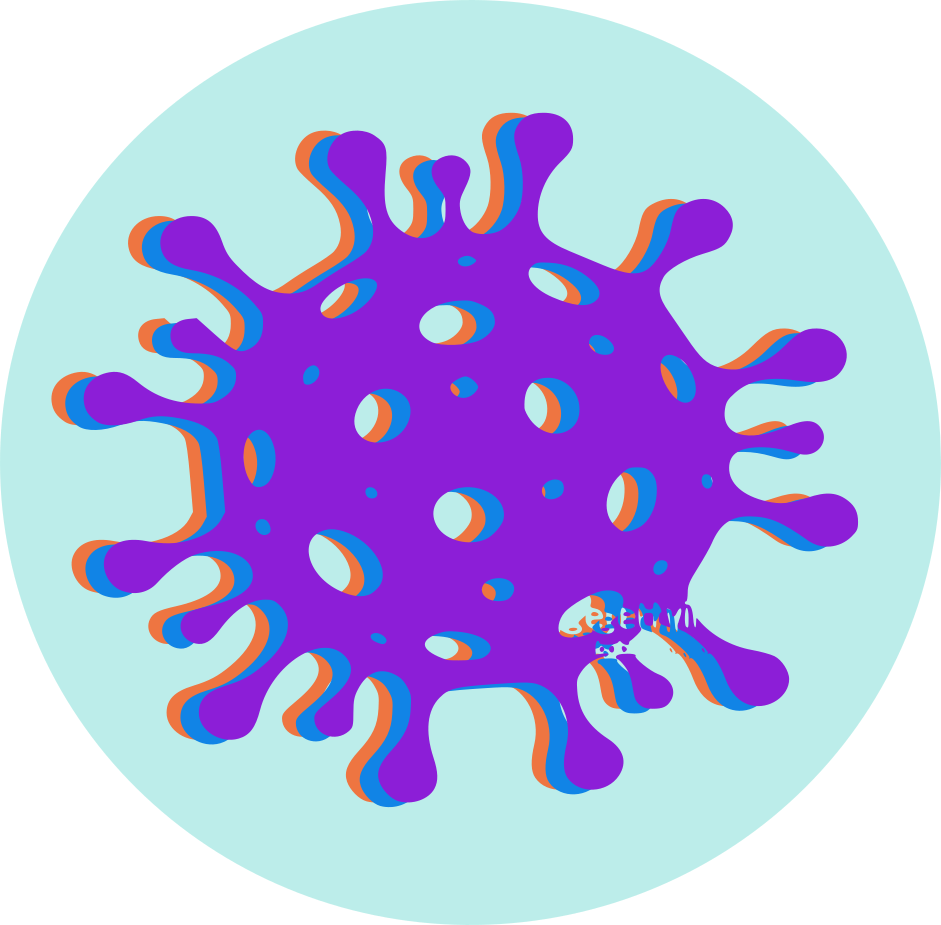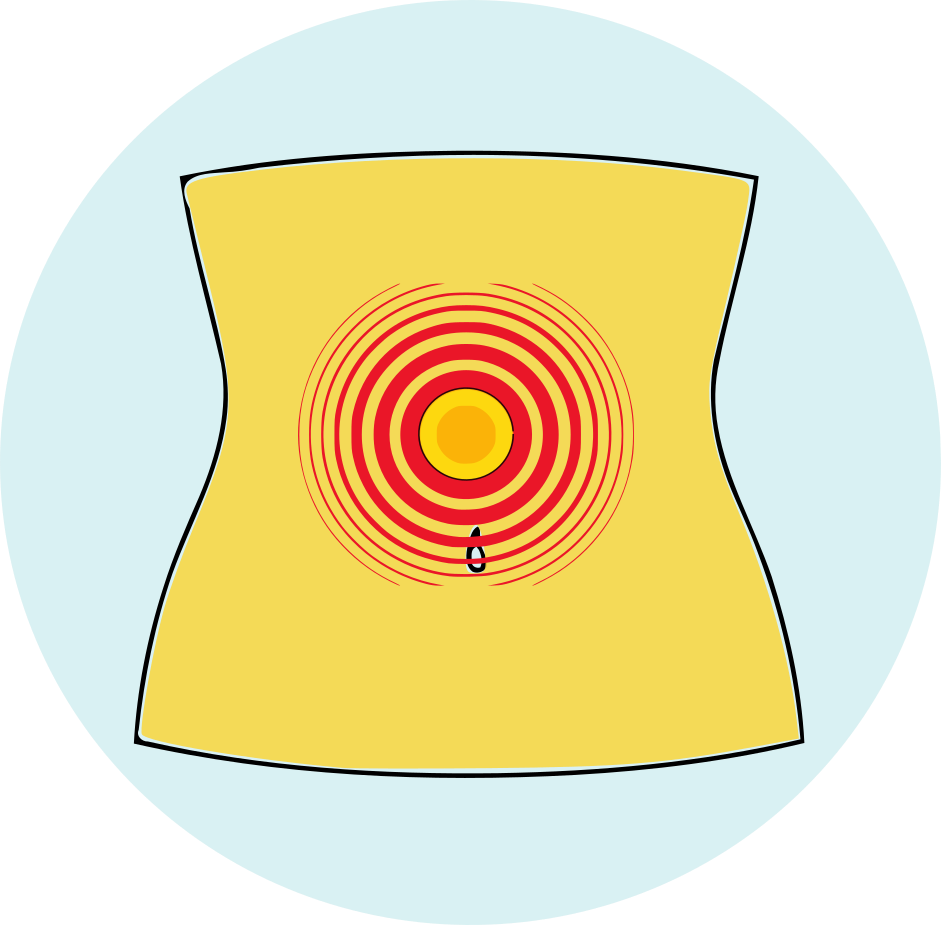| Name | Budesonide |
| Classes |
Dermatological/Topical Agent Respiratory Agent Hormonal Agent Steroid Glucocorticoid |
| Diseases |
Asthma Breathing Problem Bronchial Irritation Respiratory Disease |
Budesonide
Budesonide is a nonsteroidal anti-inflammatory corticosteroid with strong glucocorticoid activity and weak mineralocorticoid activity. Inflammation plays a significant role in the pathogenesis of asthma. Corticosteroids have been shown to inhibit a variety of cell types (e.g., mast cells, eosinophils, neutrophils, macrophages, and lymphocytes) and mediators (e.g., histamine, eicosanoids, leukotrienes, and cytokines) involved in allergic and non-allergic mediated inflammation. Corticosteroids' anti-inflammatory properties may contribute to their efficacy in asthma.
Budesonide oral preparation is used in the treatment of mild to moderate ulcerative colitis.
- Budesonide respiratory suspension is indicated for maintenance treatment of asthma and as prophylactic therapy in children 12 months to 8 years of age.
- Budesonide tablet is indicated for treatment of mild to moderate ulcerative colitis.
Therapy should start with the lowest recommended dose:
- Bronchodilators alone: 0.5 mg once daily or 0.25 mg twice daily
- Inhaled corticosteroids: 0.5 mg once daily or 0.25 mg twice daily up to 0.5 mg twice daily
- Oral corticosteroids: 0.5 mg twice daily or 1 mg once daily
- In symptomatic children not responding to non-steroidal therapy, a starting dose of 0.25 mg once daily may be considered
- If once-daily treatment does not provide adequate control, the total daily dose should be increased and/or administered as a divided dose. Once asthma stability is achieved, titrate the dose downwards
- For inhalation use via compressed air driven jet nebulizers only (not for use with ultrasonic devices).
Most common adverse reactions (incidence >3%) are-
- respiratory infection
- rhinitis
- coughing
- otitis media
- viral infection
- moniliasis
- gastroenteritis
- vomiting
- diarrhea
- abdominal pain
- ear infection
- epistaxis
- conjunctivitis
- rash
- Localized Infections: Candida albicans infection of the mouth and throat may occur. Monitor patients periodically for signs of adverse effects on the oral cavity. Advise patients to rinse the mouth following inhalation.
- Deterioration of Disease and Acute Asthma Episodes: Do not use for the relief of acute bronchospasm.
- • Hypersensitivity Reactions: Anaphylaxis, rash, contact dermatitis, urticaria, angioedema, and bronchospasm have been reported with use of Budesonide respiratory capsules. Discontinue Budesonide respiratory capsules if such reactions occur
- Immunosuppression: Potential worsening of infections (e.g., existing tuberculosis, fungal, bacterial, viral, or parasitic infection; or ocular herpes simplex). Use with caution in patients with these infections. More serious or even fatal course of chickenpox or measles can occur in susceptible patients
- Transferring Patients from Systemic Corticosteroid Therapy: Risk of impaired adrenal function when transferring from oral steroids. Taper patients slowly from systemic corticosteroids if transferring to Budesonide respiratory capsules
- Hypercorticism and Adrenal Suppression: May occur with very high dosages or at the regular dosage in susceptible individuals. If such changes occur, reduce Budesonide respiratory capsules slowly
- Reduction in Bone Mineral Density with Long-term Administration: Monitor patients with major risk factors for decreased bone mineral content (5.7) • Effects on Growth: Monitor growth of pediatric patients
- Glaucoma and Cataracts: Close monitoring is warranted
- Paradoxical Bronchospasm: Discontinue Budesonide respiratory capsules and institute alternative therapy if paradoxical bronchospasm occurs
- Eosinophilic Conditions and Churg-Strauss Syndrome: Be alert to eosinophilic conditions
Contraindication
Contraindicated in patients hypersensitive to any component of budesonide respiratory capsules.
None known.
Primary treatment of status asthmaticus or other acute episodes of asthma where intensive measures are required.
 Bangla
Bangla English
English